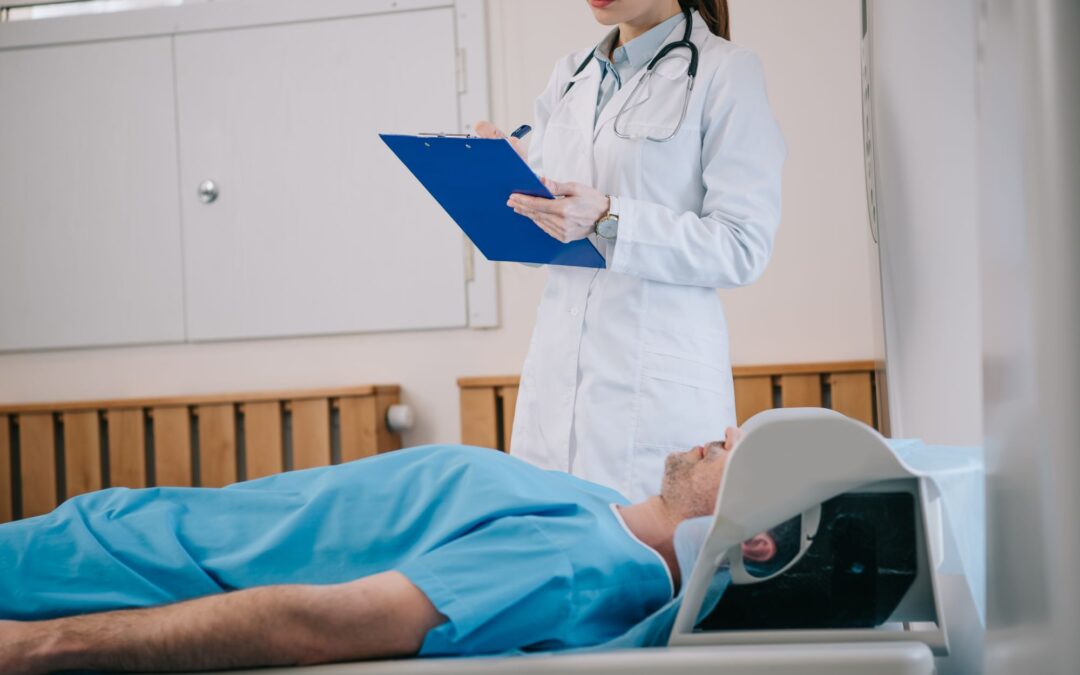In the realm of medical science, understanding the human brain and its complex pathologies remains a paramount objective. Our pursuit of this knowledge heavily relies on postmortem neurological diagnoses, an area where significant advances have been made through brain-only autopsies. These examinations allow us to explore the intricacies of neurological diseases directly, providing insights that are often unattainable through other methods. As professionals in this field, we are committed to advancing medical knowledge, and autopsies play a crucial role in this mission.
By studying the brain post-mortem, we uncover details about various neurological conditions such as Alzheimer’s, Parkinson’s, and other neurodegenerative diseases that significantly impact public health. These findings not only enhance our understanding but also improve our ability to diagnose, treat, and potentially prevent these diseases in living patients. It is here, on the front lines of autopsy science, that we begin to piece together the puzzles presented by such complex disorders.
Our approach combines rigorous scientific inquiry with a deeply respectful handling of each case, ensuring that every autopsy is both a source of vital medical insights and a tribute to the individual’s contribution to science. The wealth of information gained from these postmortem studies creates a foundation for preventative strategies and therapeutic methods, marking its undeniable value in the continuous quest to conquer neurological diseases.
Understanding Postmortem Neurological Diagnoses
Postmortem neurological diagnoses provide an essential gateway to understanding diseases that affect the brain. In our practice, we conduct these specialized autopsies to not only determine the cause of death but also to investigate deeper into how various neurological conditions impact brain tissues. This process involves meticulous examination of the brain, utilizing both macroscopic and microscopic investigative techniques. Through this detailed scrutiny, we sometimes discover new pathological features or unique disease progressions previously unseen in clinical settings.
These postmortem findings are crucial for medical research, as they offer a truthful glimpse into the disease without the complicating factors of treatment interventions. Our efforts help map the natural progressions of neurological disorders, contributing profoundly to the body of medical knowledge that shapes future diagnostics and treatments. Each diagnosis adds a layer of understanding, making every case we handle a valuable piece of the larger puzzle concerning brain health.
How Brain-Only Autopsies Contribute to Neurological Research
The specificity of brain-only autopsies allows us to concentrate our resources and expertise on unraveling the complexities of the central nervous system. By isolating the brain, we can apply advanced techniques such as neurogenetics and molecular pathology to identify markers and mutations that are critical in the development of neurological diseases. This focused approach enhances our ability to spot early onset signs and patterns that might go unnoticed in a full-body autopsy context.
Our findings from these autopsies significantly impact the development of therapeutic strategies. For example, through a detailed study of brain tissues from multiple patients afflicted by Alzheimer’s disease, we have been able to observe and catalog the accumulation of beta-amyloid plaques and tau protein tangles in various stages of the disease. These observations feed directly into research programs aiming to develop drugs that can target these pathological features. In this way, brain-only autopsies are not just about understanding the causes of death but are pivotal in driving innovation in treatment methodologies that could one day lead to preventative or curative solutions for debilitating brain disorders.
Challenges in Conducting Postmortem Neurological Studies
Conducting postmortem neurological studies involves significant challenges that require meticulous planning and rigorous oversight. We confront several critical factors that can influence the quality and utility of the data we aim to gather. One primary challenge is the timing of the autopsy, as rapid postmortem changes can profoundly affect brain tissue integrity. Ensuring a timely examination is crucial for preserving these tissues in a state that is as close to life as possible, which in turn provides us with reliable insights into the condition of the brain at the time of death.
Another challenge lies in obtaining comprehensive medical histories and records that are essential for correlating clinical symptoms with postmortem findings. Incomplete records can lead to gaps in understanding the progression of neurological diseases, making it difficult to draw precise conclusions from autopsy results alone. Additionally, ethical considerations are always at the forefront of our operations as we navigate family consent and the sensitive nature of handling deceased individuals, aligning our practices with both legal requirements and moral obligations.
Future Directions for Neurological Research from Autopsy Findings
Looking ahead, the path for neurological research informed by autopsy findings is expanding. The integration of new technologies and methodologies, such as enhanced imaging techniques and genetic profiling, promises to augment our understanding of neurological disorders substantially. We envision a future where these advancements enable even more precise mappings of brain pathologies, aiding in the formulation of targeted therapies and interventions.
Through collaborations across various medical and scientific communities, we anticipate a significant increase in the global neurological database. This collective resource would support widespread comparative studies, enhancing disease modeling and simulation efforts that could foreseeably lead to breakthroughs in preventive measures. Our ongoing commitment to refining autopsy techniques and broadening our research scope ensures that our contributions will continue to be vital to these advancements.
Conclusion
At 1800Autopsy, we are at the forefront of harnessing the full potential of postmortem neurological examinations to push the boundaries of what is known about the human brain and neurological diseases. Our dedication to providing accurate, respectful, and scientifically rigorous autopsy services not only aids families in finding closure but also propels the medical community toward better diagnostics and treatments.
If you or your loved ones ever face the difficult decision of pursuing a postmortem neurological diagnosis, trust 1-800-Autopsy to provide the highest level of expertise and care through our comprehensive autopsy services. We strive to transform every case into an opportunity for learning and scientific discovery, contributing to a future where neurological ailments are no longer as formidable.








